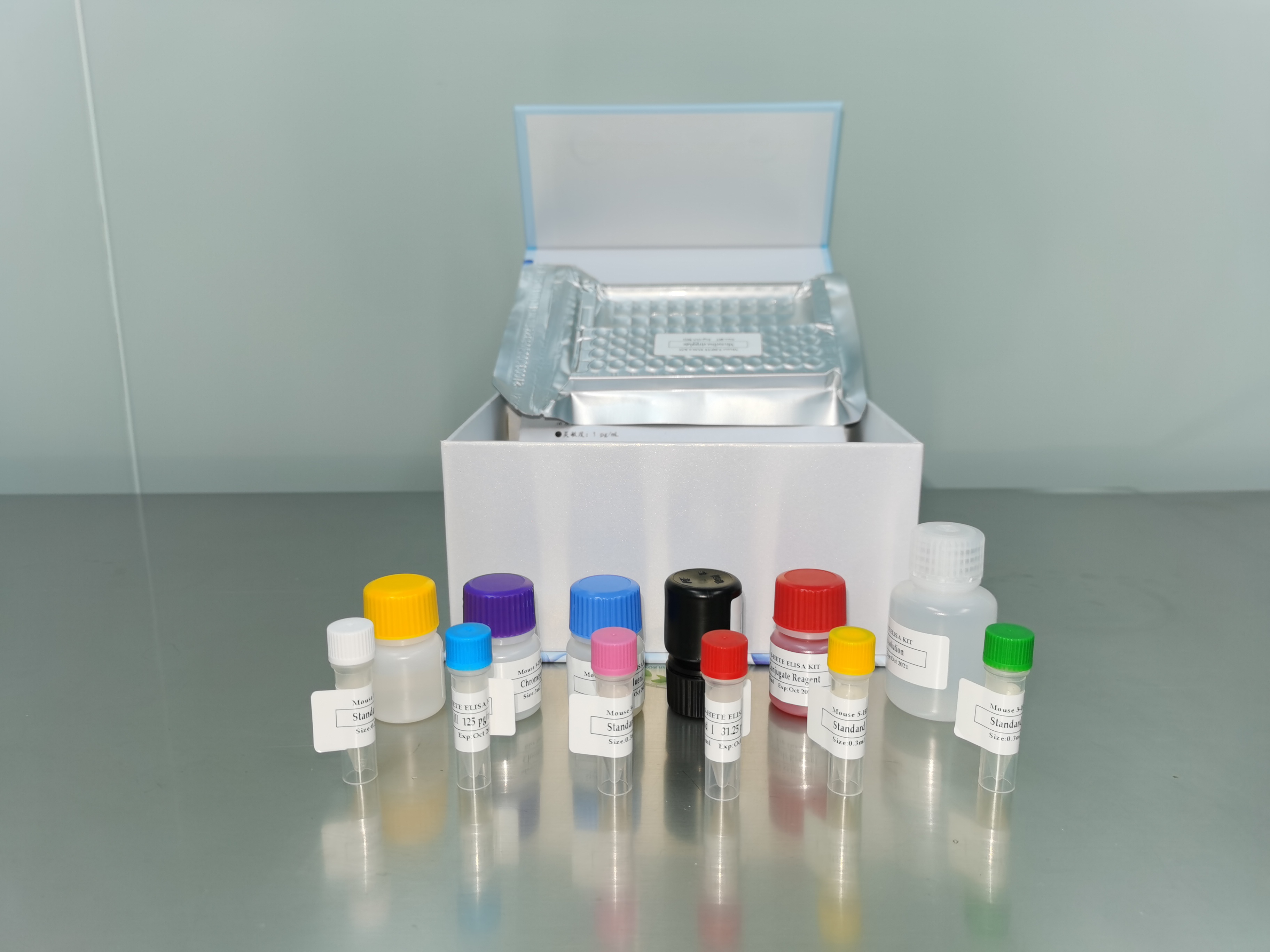| 产品名称: | GCN2-KO-DR |
|---|---|
| 商品货号: | TS135245 |
| Organism: | Mus musculus, mouse |
| Tissue: | embryo |
| Cell Type: | fibroblast |
| Product Format: | frozen |
| Morphology: | fibroblast-like |
| Culture Properties: | adherent |
| Biosafety Level: | 2
Biosafety classification is based on U.S. Public Health Service Guidelines, it is the responsibility of the customer to ensure that their facilities comply with biosafety regulations for their own country. |
| Age: | embryo, 13.5 days gestation |
| Applications: | GCN2 is a major regulator of the endoplasmic reticulum unfolded protein response (UPR) and as such, these KO cells are a useful tool for studying UPR. DR-Wildtype cells, ATCC CRL-2977, are available for use as a control.
The cells lack the nutritional stress-linked kinase GCN2, which phosphorylates eIF2a (alpha subunit of eukaryotic initiation factor 2) and complements PERK. GCN2-/- cells have been used to assess the role of eIF2a phosphorylation in a variety of pathophysiological conditions. |
| Storage Conditions: | liquid nitrogen vapor phase |
| Derivation: | The mouse embryonic fibroblast (MEF) cell line, CRL-2978 (GCN2-KO-DR), was established from a 13.5 day-old GCN2-/- mouse embryo by SV-40 immortalization. |
| Complete Growth Medium: | The base medium for this cell line is ATCC-formulated Dulbeccos Modified Eagles Medium, Catalog No. 30-2002.
To make the complete growth medium, add the following components to the base medium:
|
| Subculturing: | Volumes used in this protocol are for 75 cm2 flasks; proportionally reduce or increase amount of dissociation medium for culture vessels of other sizes.
Subcultivation ratio: A subcultivation ratio of 1:10 to 1:30 twice weekly is recommended.
Medium renewal: Every 2 to 3 days. |
| Cryopreservation: | Freeze medium: fetal bovine serum, 90%; DMSO, 10% Storage temperature: liquid nitrogen vapor phase |
| Culture Conditions: | Temperature: 37°C
Atmosphere: air, 95%; carbon dioxide (CO2), 5% |
| Name of Depositor: | D Ron and H Harding |
| Year of Origin: | 2000 |
| References: | Harding HP, et al. Regulated translation initiation controls stress-induced gene expression in mammalian cells. Mol. Cell 6(5): 1099-1108, 2000. PubMed: 11106749 |


